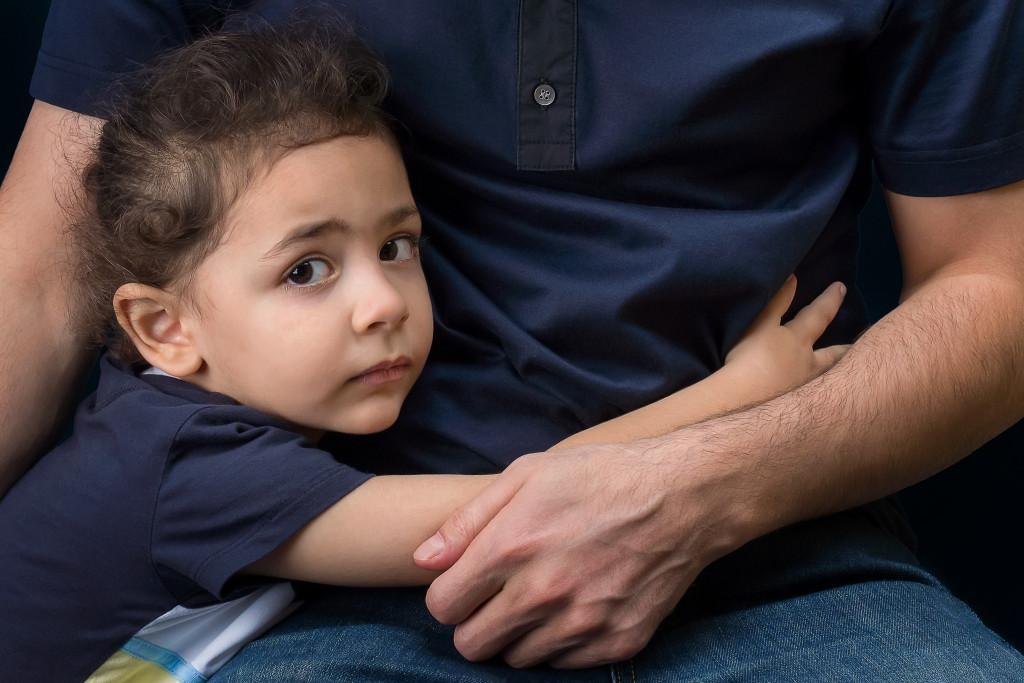
• Common causes of low energy in children include sleep problems, nutritional deficiencies, lack of exercise, chronic stress, and underlying health issues.
• Sleep problems such as nightmares, night terrors, sleepwalking, and sleep apnea can affect a child’s energy levels.
• Iron deficiency is a common cause of low energy in children, especially girls.
• Exercise is essential for building strong muscles and improving cardiovascular health, which can lead to increased energy levels.
• If your child is dealing with chronic stress, talk to a therapist or counselor who specializes in working with kids.
Watching your child struggle with low energy and weakness can be heartbreaking for a parent. It’s natural to want to know why your child feels this way and what you can do to help. While many possible reasons exist for low energy and weakness, some are more common than others.
In this blog, you will learn things parents should know about their child’s low energy levels, including underlying health issues, sleep problems, nutritional deficiencies, lack of exercise, and chronic stress.
Sleep Problems
A common reason for low energy in children is sleep problems. Kids need a lot of sleep to function at their best, and if they aren’t getting enough, it can impact their energy levels. Common childhood sleep problems include nightmares, night terrors, sleepwalking, and sleep apnea. If your child is having trouble sleeping, talk to their pediatrician to see if any underlying issues need to be addressed.
Nutritional Deficiencies
Low energy can also be a sign of a nutritional deficiency. Kids who don’t eat a well-balanced diet may not get all the nutrients they need to stay energized throughout the day. Iron deficiency is a common cause of low energy, especially in girls. Other nutrients, such as vitamin D and B12, are also crucial for energy levels. Talk to your child’s pediatrician about whether a multivitamin or other supplements might be helpful.
Lack of Exercise

Kids who aren’t getting enough exercise may also experience low energy. Exercise is essential for building strong muscles and improving cardiovascular health, which can lead to increased energy levels. Encourage your child to get regular exercise, whether that’s through team sports, playground time, or family walks.
Chronic Stress
Chronic stress can also take a toll on your child’s energy levels. Kids who are dealing with ongoing stress, whether that’s due to bullying, family problems, or academic pressure, may feel drained and fatigued. If you suspect that stress is the cause of your child’s low energy, consider talking to a therapist or counselor who specializes in working with kids.
Underlying Health Issues
One possible reason for your child’s low energy is an underlying health issue. There are a variety of health issues that can cause fatigue and weakness. Here are the most common ones:
Thyroid disease
Thyroid disease occurs when the thyroid gland, which produces hormones that regulate metabolism, either produces too much or too little hormone. This can lead to fatigue and weakness.
Anemia
Anemia is characterized by not having enough red blood cells to carry oxygen throughout the body. This can lead to fatigue and weakness. Anemia can be caused by a variety of factors, including a lack of iron in the diet.
Diabetes

Diabetes is a condition in which the body doesn’t produce enough insulin or the cells don’t respond to it properly. This can lead to fatigue and weakness due to glucose not being able to be used as energy by the body.
Low bone density
Having low bone density can make it harder for your child to move their body, which in turn causes fatigue and weakness. If you suspect that your child might have this problem, consider having them undergo a DEXA scan. This test can measure bone density and help find any underlying problems. Once the scan identifies any issues, your child’s doctor can advise on the best course of treatment.
By taking the proper steps to identify underlying health issues your child may have, you can help them regain the energy they need to live a full and active life.
Low energy and weakness in children can be caused by a variety of factors. Parents should look out for signs such as sleep problems, nutritional deficiencies, lack of exercise, chronic stress, or underlying health issues to help identify the cause. Taking the proper steps to address these issues is key to helping your child regain their energy levels and live an active life.
If you suspect any of these factors may be at play in your child’s situation, consider talking with a healthcare professional about what actionable steps you can take next. With the right guidance and support from parents and medical professionals alike, kids will have every opportunity to get back up on their feet feeling energized again!





